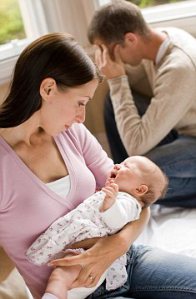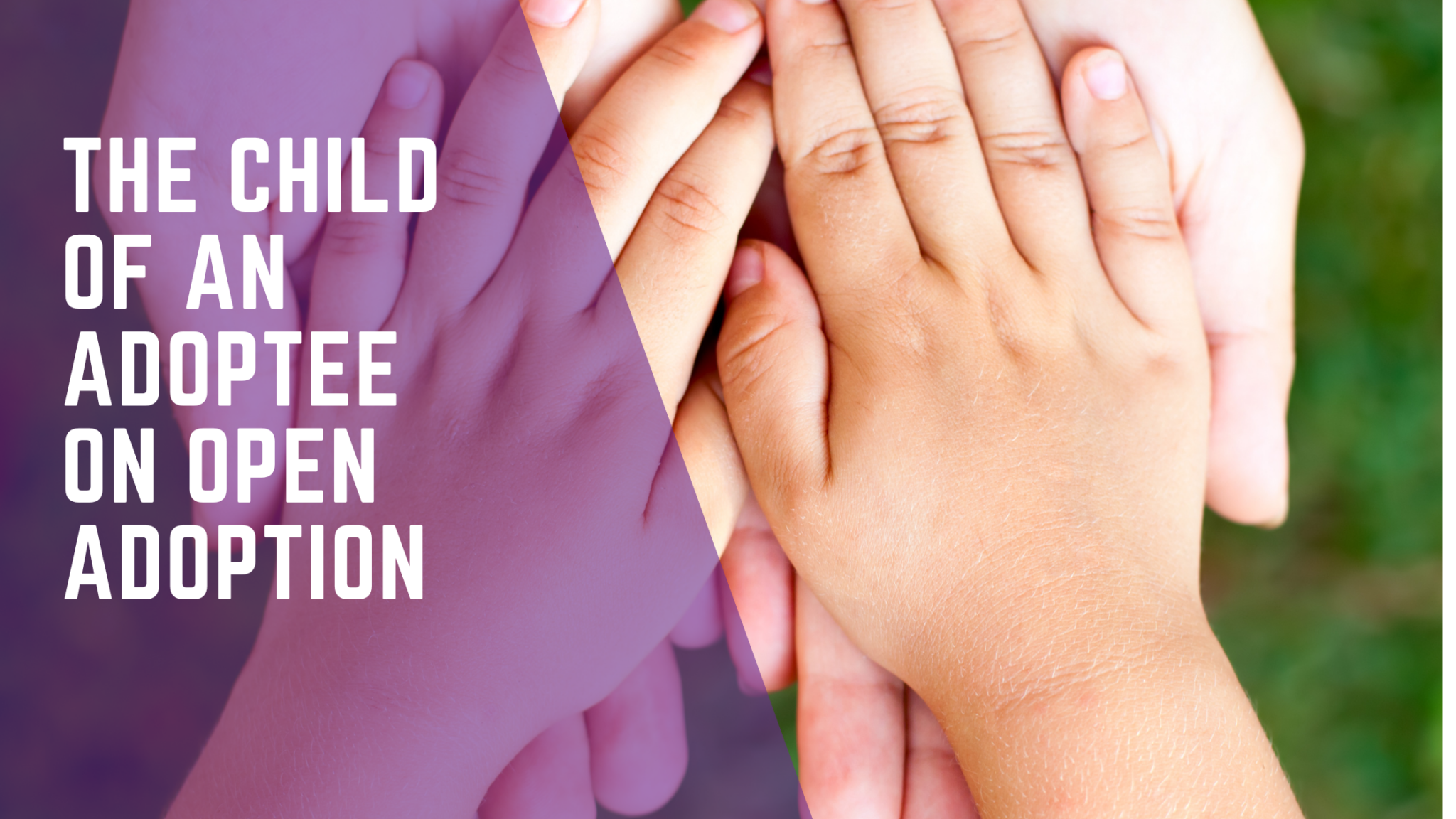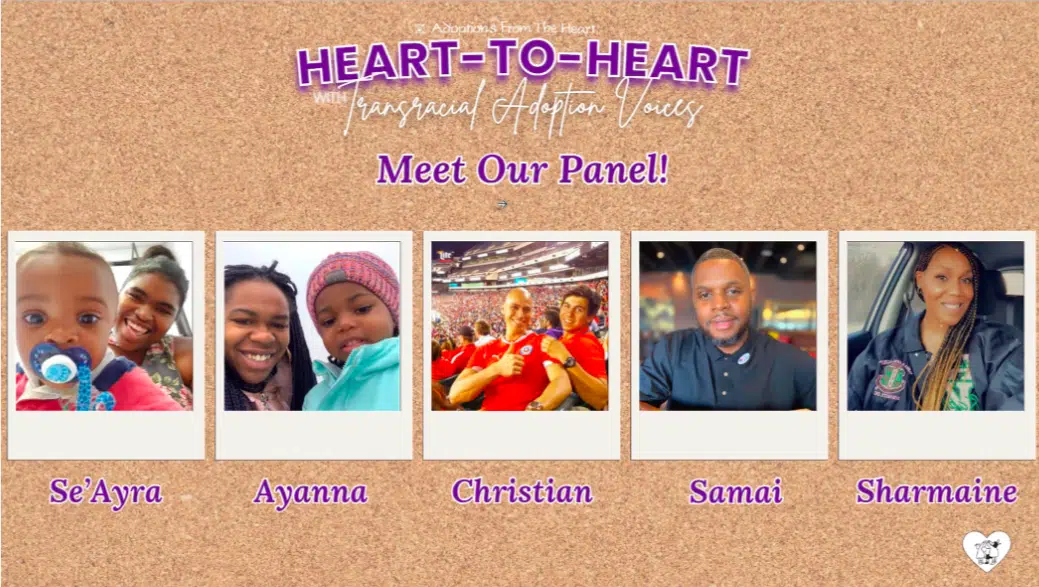We’ve all heard of Postpartum Depression, but what about Post Adoption Depression (PAD)?
PAD can affect both international and domestic adoptive parents.
Am I Experiencing PAD?

If you think you may be experiencing Post Adoption Depression, please contact a qualified psychologist or psychiatrist. If you are not sure what you are feeling is PAD, you should seek advice from your general practitioner.
Why Do I Feel This Way?
It is understandable for adoptive parents to suffer from post adoption depression. Some have struggled for years with infertility, then moved to an adoption process that can be equally lengthy. During the process you may have had expectations about how it would go, but when all is said and done, it turned out nothing like your original expectation.
Some adoptive parents feel down after their adoption has been finalized because they’ve spent the last months or years planning for the day to come and now no longer have to plan.
Many adoptive parents feel guilty about not getting the hang of parenting quickly, or are not feeling the instant connection they think birth parents feel.
Parenting Is A Marathon
The truth? Parenting is hard and it doesn’t always come as naturally as many hope. But it will come. As for bonding? It’s a growing process for any parent, adoptive or birth.
Spending time together is a great way to build a bond with your child. Your house may get messy, the dishes might pile up; spending that time as a family during the first few months is more important.
Reach Out For Support
Talking about your feelings is a great way to relieve any pain or guilt you may have. Join a support group or reach out to your social worker or counselor.
Many adoptive parents don’t reach out, in fear of seeming unfit—you worked your butt off showing a social worker and others that you are fit to parent and now you’re feeling sad or guilty.
Trust us, it’s normal. Your social worker cares for you and your family and is there as an outlet. Asking for help doesn’t make you a bad parent, it means you are human!
When Everything Changes…
Most times parents get that their life and home is going to change when they bring their child home, but not necessarily the scope of this change.
The best way to survive this change is to prepare yourself—for the feelings and emotions of new parenthood as well as the financial, physical, and emotional demands of a baby or child.
We suggest taking a child care and parenting class, reading up on attachment issues, joining an adoption support group, and using any resources available from your agency or attorney.
Finally, and maybe most importantly, make sure you arrange extra time to adjust to your new status as a mother or father. Enjoy the journey but take time to care for yourself by seeing a doctor or reaching out to your social worker if you feel any symptoms that may be signs of Post Adoption Depression.





Leave A Comment